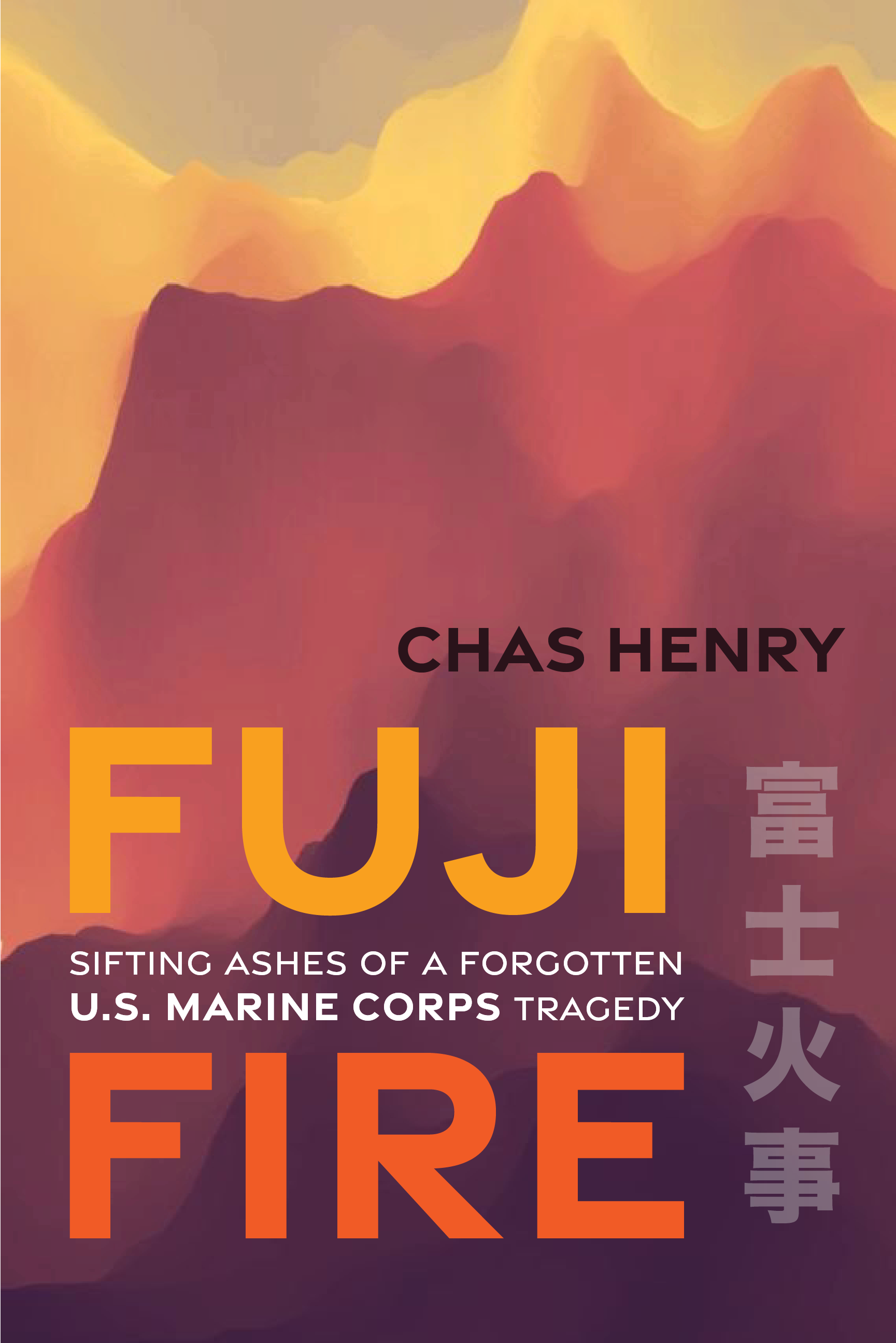The U.S. Marine Corps’ Worst-Ever Peacetime Disaster?
“Having witnessed a lot of bad things, ugly things, none can compare to that experience.”
—General Robert H. Barrow, 27th Commandant of the Marine Corps, on meeting Marines injured in the Fuji Fire
Hear what the general, in 1991, told the Marine Corps’ top historian:
Listen Here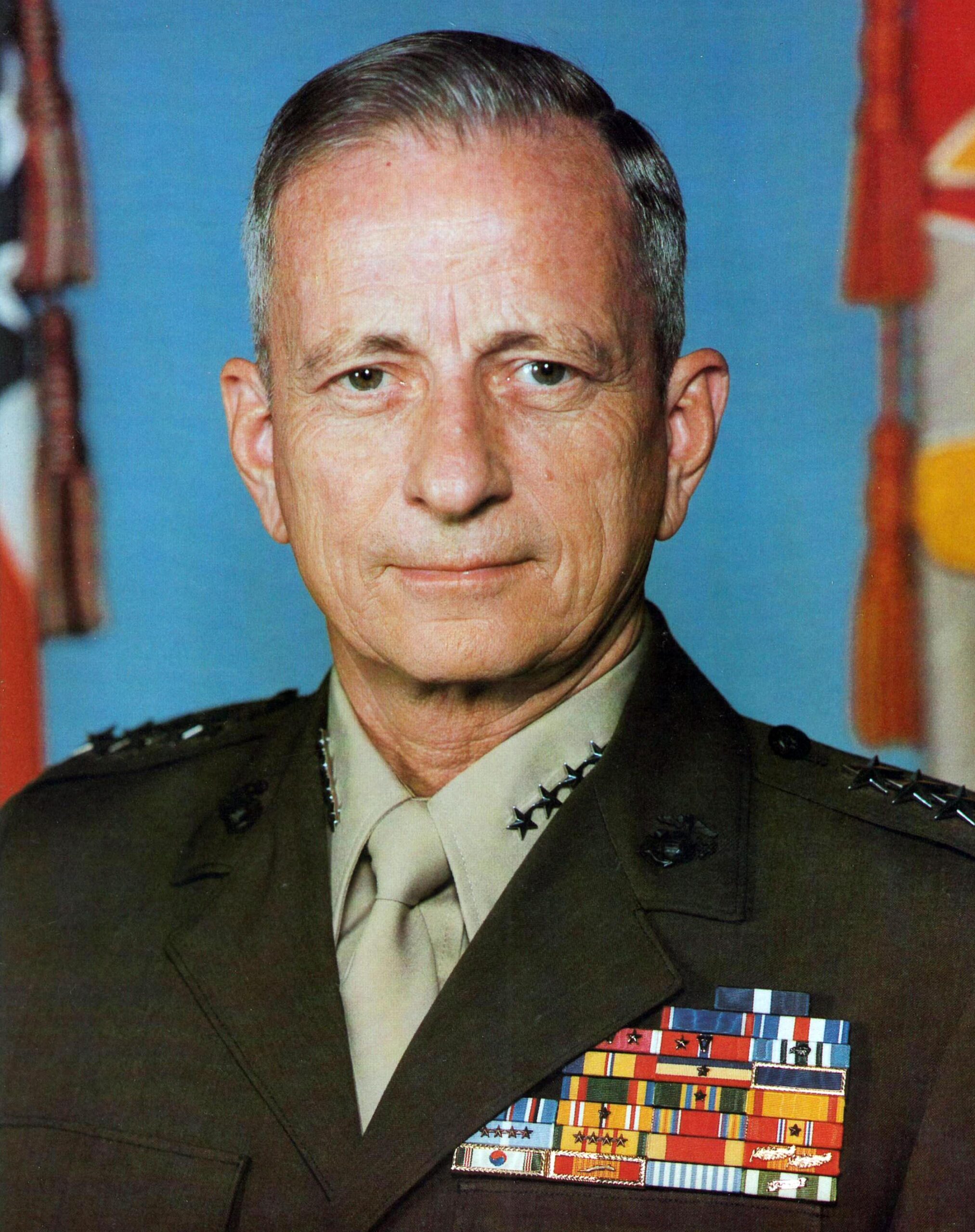
The Marine Corps commandant, who had served since 1942, termed the tragedy “the most serious peacetime disaster we’ve had in the Marine Corps during my time.” Sixteen days after it happened, when violent protestors seized the American Embassy in Iran, attention shifted away from the disaster in Japan. While those whose lives were forever changed by the events cannot forget, few others are aware it ever happened.
Drawing on a four-year, two continent investigation, Fuji Fire: Sifting Ashes of a Forgotten U. S. Marine Corps Tragedy details the complex series of naturally-occurring and man-made circumstances that led to the fire at Camp Fuji; how thousands of people, American and Japanese, sprang to the aid of the burn-injured Marines; and the resulting mix of grief, questions, fortitude and inspiration.
Fuji Fire is published by Potomac Books, an imprint of the University of Nebraska Press. The accompanying audiobook, narrated by the author, is produced by Tantor Media.
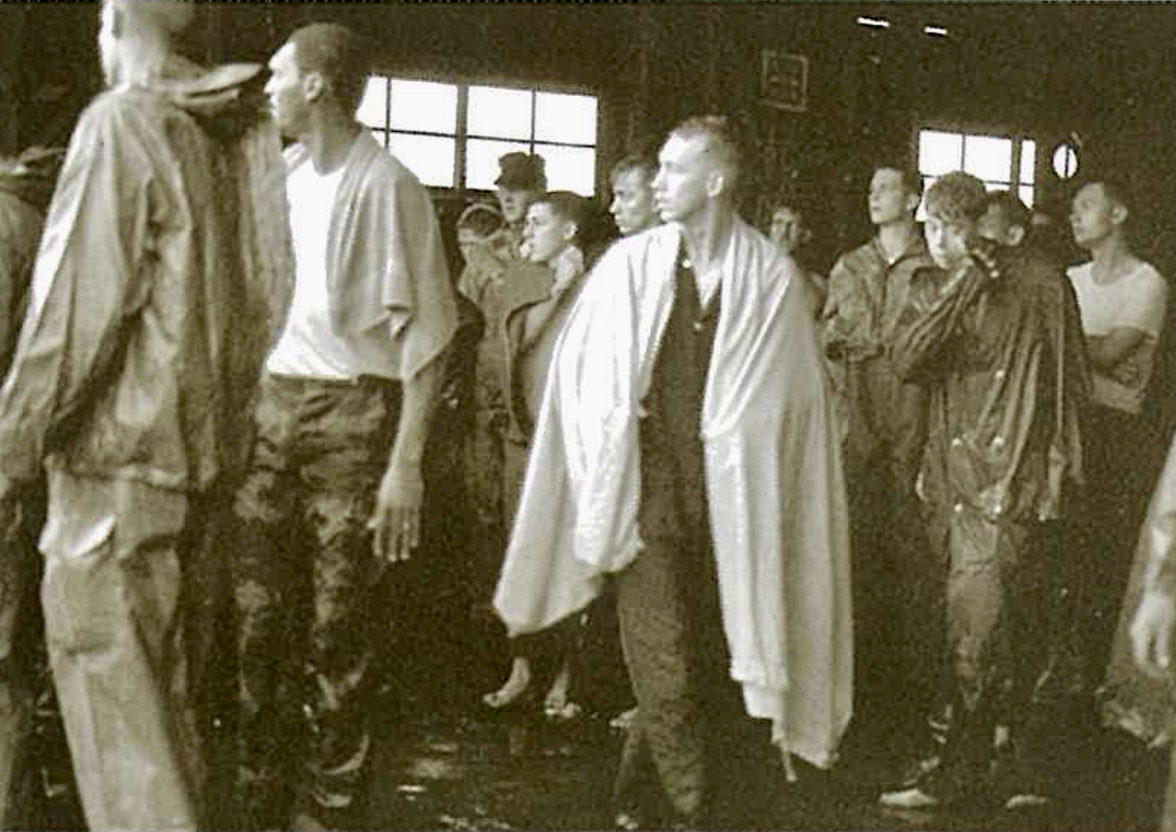
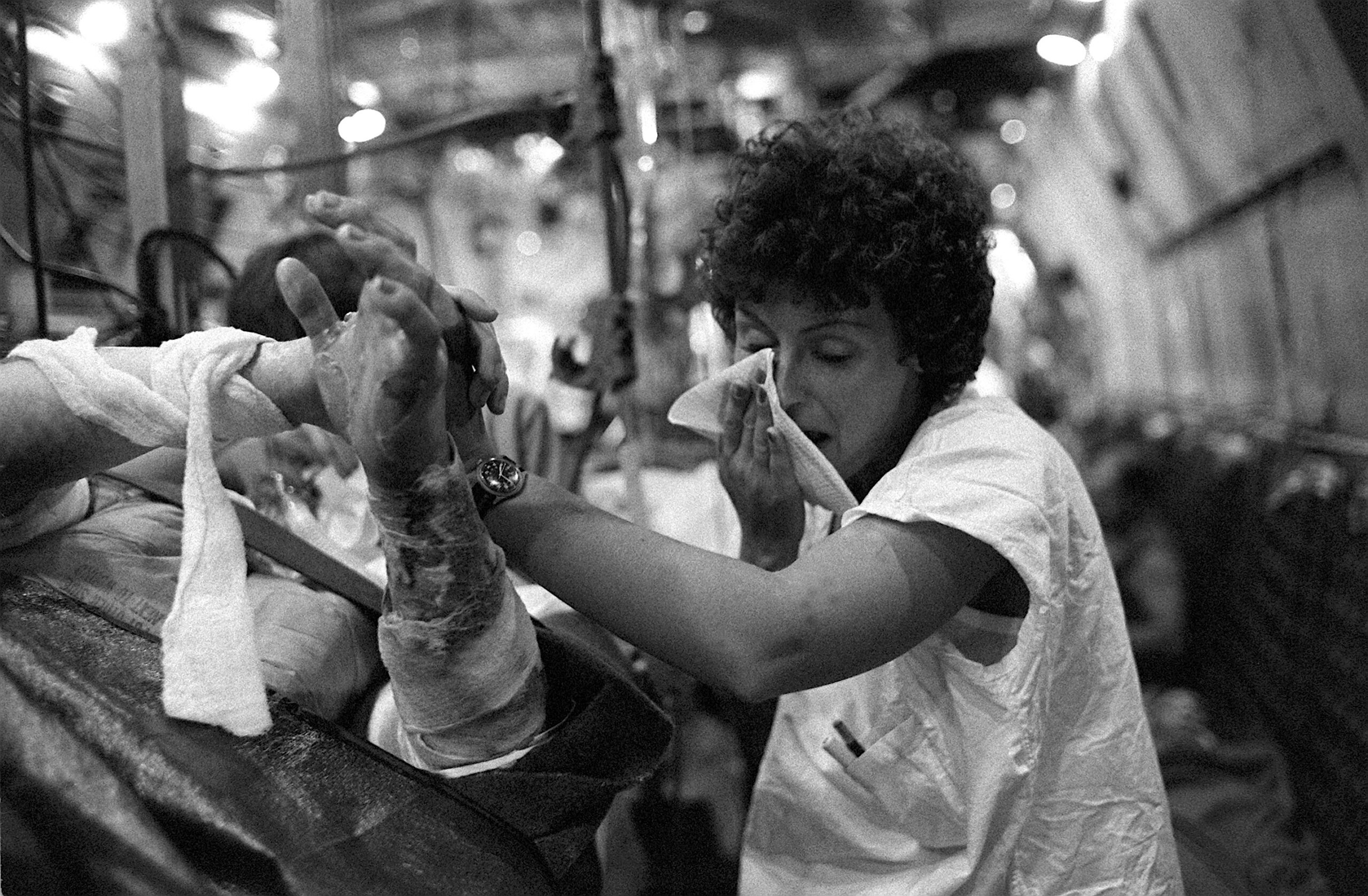
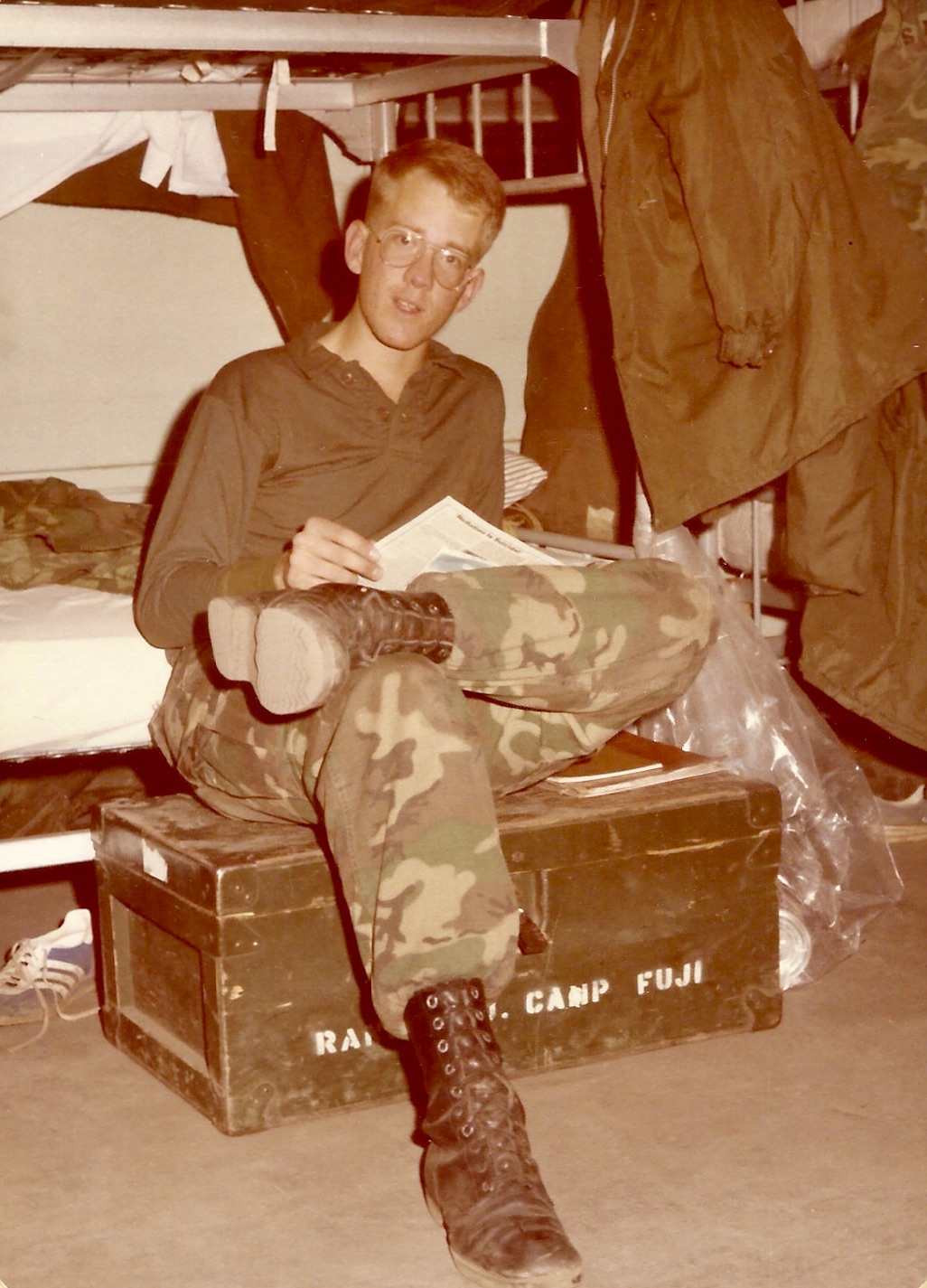
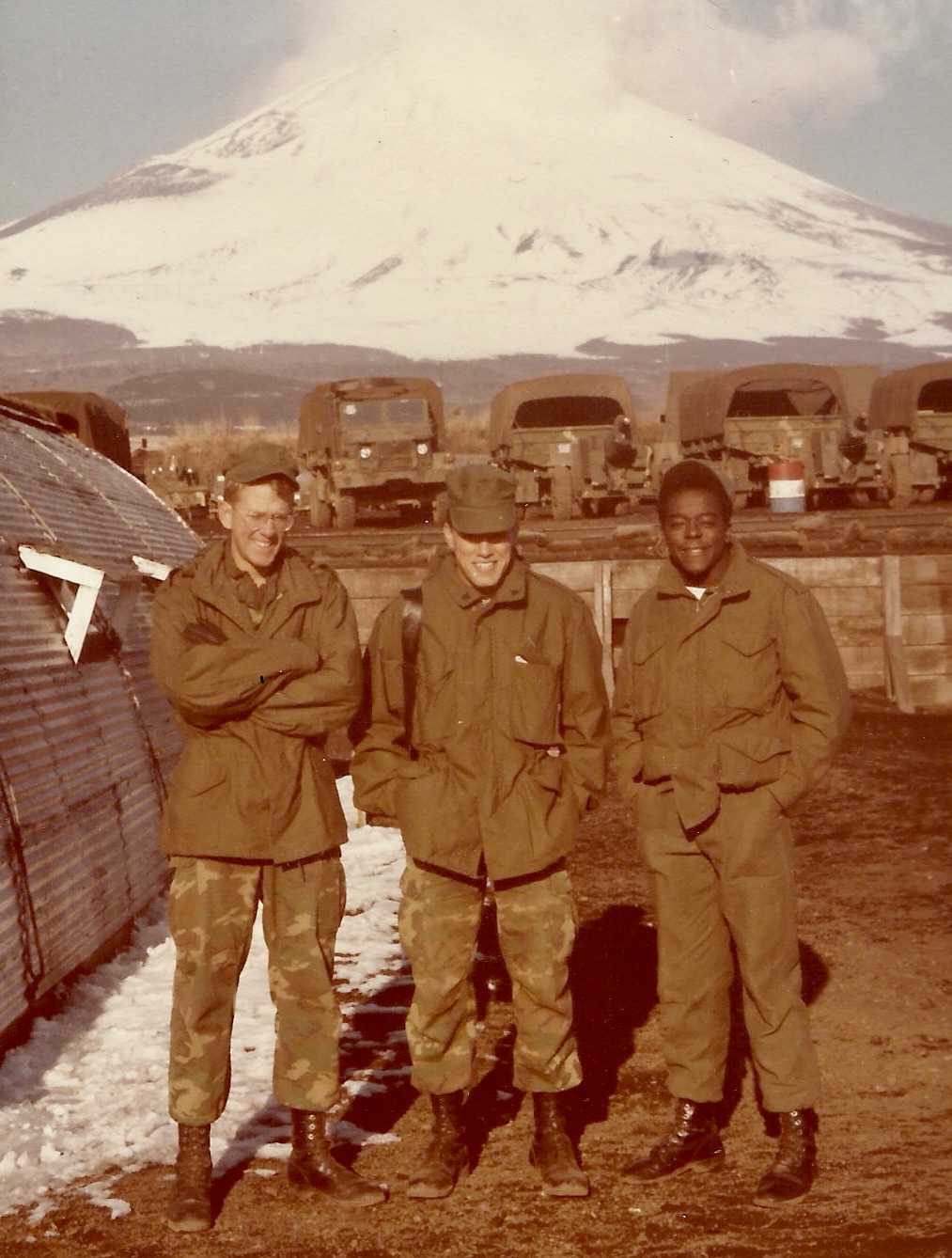
”I was not at Camp Fuji during the 1979 fire, but had trained there nineteen months beforehand. Disheartened that few seemed aware of the tragedy fellow Marines experienced at the camp, I set out to learn what happened, and tell their story.
—Chas Henry
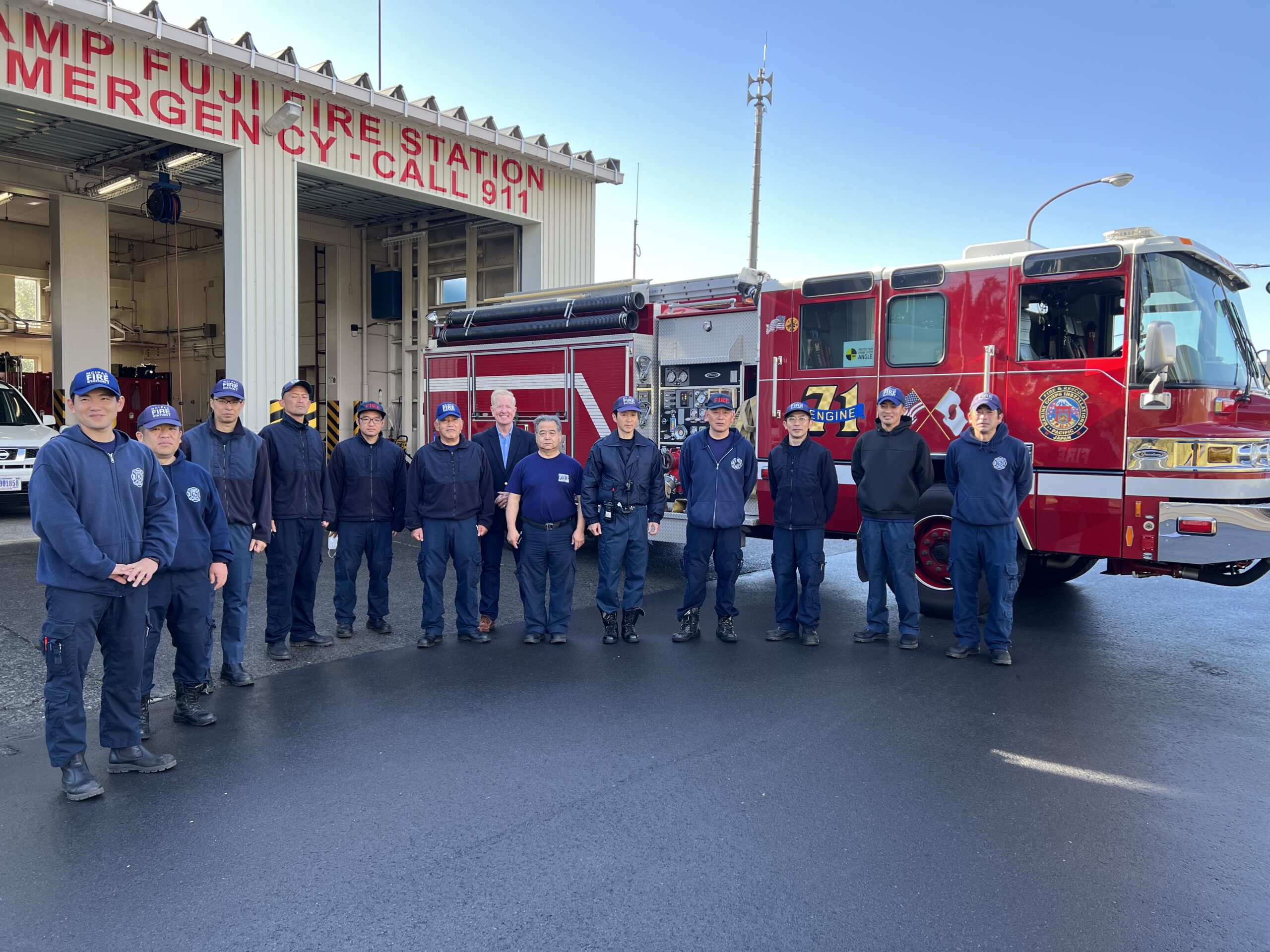
Chas in 2023 with Japanese firefighters at Camp Fuji. The station from which they operate was completed in 1983 — in response to the 1979 disaster.
Project Updates
Each of the items below links to an article or audiovisual post. If the linking text does not appear in bold, scrolling to the bottom of this page will prompt the highlighting.

